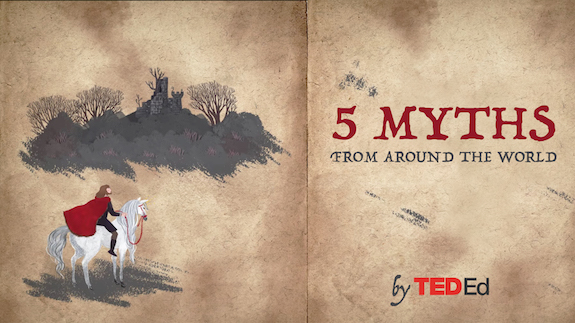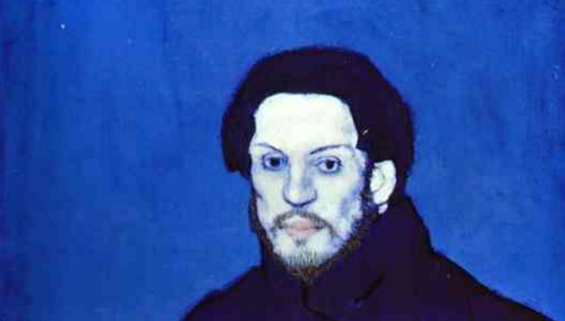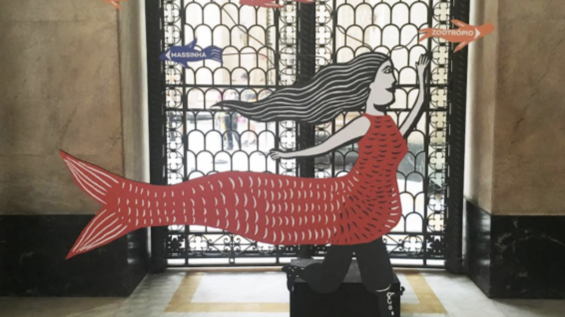
5 myths from around the world
Myths serve a profound role in cultures and traditions around the world, anchoring us to a sense of history and meaning through allegorical storytelling. Save yourself an airplane trip and check out these five myths from different countries around the world:
1. China
The myth behind the Chinese zodiac
What’s your sign? In Western astrology, it’s a constellation determined by when your birthday falls in the calendar. But according to the Chinese zodiac (生肖), it’s your shuxiang, meaning the animal assigned to your birth year. Of the many myths explaining these animal signs and their arrangement, the most enduring one is that of The Great Race. Megan Campisi and Pen-Pen Chen recounts this classic myth.
2. Ancient Greece
The myth of Cupid and Psyche
Psyche was born so beautiful that she was worshipped as a new incarnation of Venus, the goddess of love. But human lovers were too intimidated to approach her, and Apollo recommended her father abandon her on a crag where she would marry “a cruel and savage, serpent-like winged evil.” But Psyche’s story ended up being much more interesting. Brendan Pelsue shares the myth of Cupid and Psyche.
3. Ireland
The myth of Oisín and the land of eternal youth
In a typical hero’s journey, the protagonist sets out on an adventure, undergoes great change and returns in triumph to their point of origin. But in the Irish genre of myth known as echtraí, the journey to the otherworld ends in a point of no return. Iseult Gillespie shares the myth of Oisín and the land of eternal youth.
4. Cambodia
The Cambodian myth of lightning, thunder, and rain
“Moni Mekhala Ream Eyso” is the most sacred dance drama in Cambodia. It is performed every year in the buong suong ceremony, and explains the origins of lightning, thunder and rain according to the Khmer people. Prumsodun Ok tells this empowering tale that still enlightens our world today.
5. Egypt
The Egyptian Book of the Dead: A guidebook for the underworld
Ancient Egyptians believed that in order to become immortal after death, a spirit must first pass through the underworld — a realm of vast caverns, lakes of fire, and magical gates. Needless to say, one needed to come prepared. But how? Tejal Gala describes an Egyptian “Book of the Dead” — a customized magic scroll written by the living to promote a smooth passage to the afterlife when they died.
Want to learn more? Check out our series on The World’s Places and People to explore more about the world around us.




